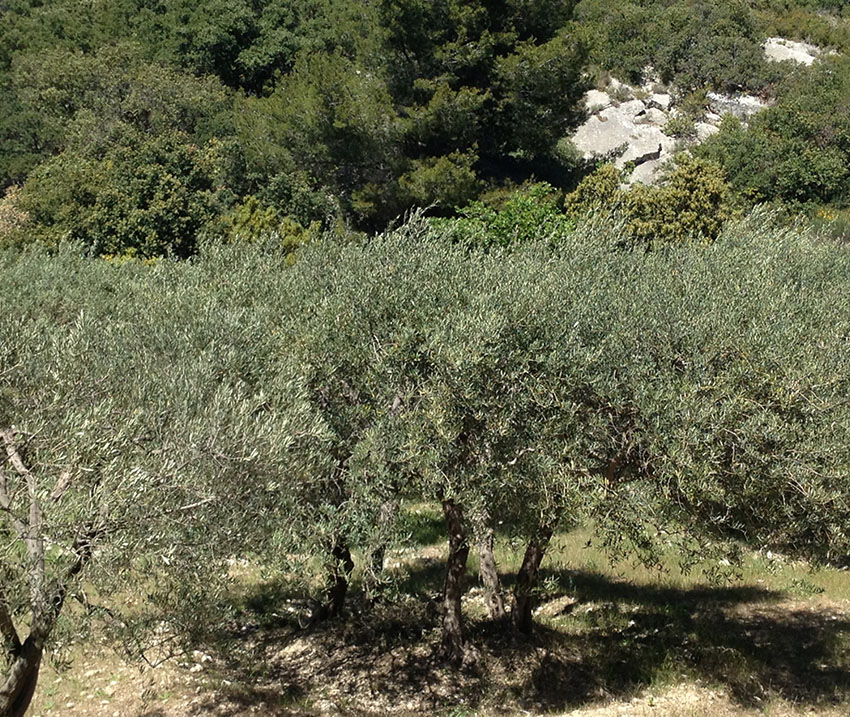In reaction to the Afidol's letter on 7 December 2014, let's keep our work the way it is.

In reaction to the Afidol's letter on 7 December 2014, let's keep our work the way it is.
In response to this letter, that deals with the causes of the very poor production of 2014 and advises to act immediately and use Dimeothate, a pesticide against flies, even if it’s forbidden, we would like to add the words of some loving olive growers that are concerned about their trees and the quality of their work. Although this letter explains that the use of Dimeothate is unavoidable to survive, some elements, very important to us, seem to be avoided.

The importance of the lands in olive growing
Let’s remind us that the Dimeothate is toxic and dangerous. It has no luposolubility, which means it remains in the soil, so even used once, it has long time consequences on the quality of the land. This pesticide is allowed in some countries such as France, in a well-reasoned way. To produce quality olives, the grower takes care of his tree and the environment around it; that feeds this tree, such as the land bringing him nutriments that help it grow the olives. it is important to know that using the Dimeothate, even as an exception, damages the environment of the olive tree in the long run.
The use of toxic products: a terrible cycle
As the Afidol underlines it, although the flies deeply damaged the trees, there are natural technics that are proven to be working, to fight against flies. Why should we make the rules about pesticides more flexible while it is possible to act naturally, with clay for example? Although its application is a bit more constraining, the efforts made are minimal compared to those that would be made to take care of an olive-tree growing in a polluted soil. Won’t a weak tree need more treatments, more often and more expensive, to survive?
The consequences on the economy of the damaged reputation of olive trees
The passion about olive oil comes from its quality, especially its natural, traditional appearance and the work of the growers. Shouldn’t we worry about the lowering of the quality of olives and the reputation given to people by allowing pesticides? Shouldn’t we preserve the tradition and the know-how at the cost of solutions, that may be working, but that are expensive, that don’t respect the quality, and whose future consequences are not known yet?
The exceptional, worldly known quality of our oil comes from our love for olive-trees. Let’s keep it intact, even in crisis times. Let’s not react by fear, even occasionally, because otherwise we take the risk to suffer from an even more severe crisis: a crisis in the way our work exists.






0 Comment